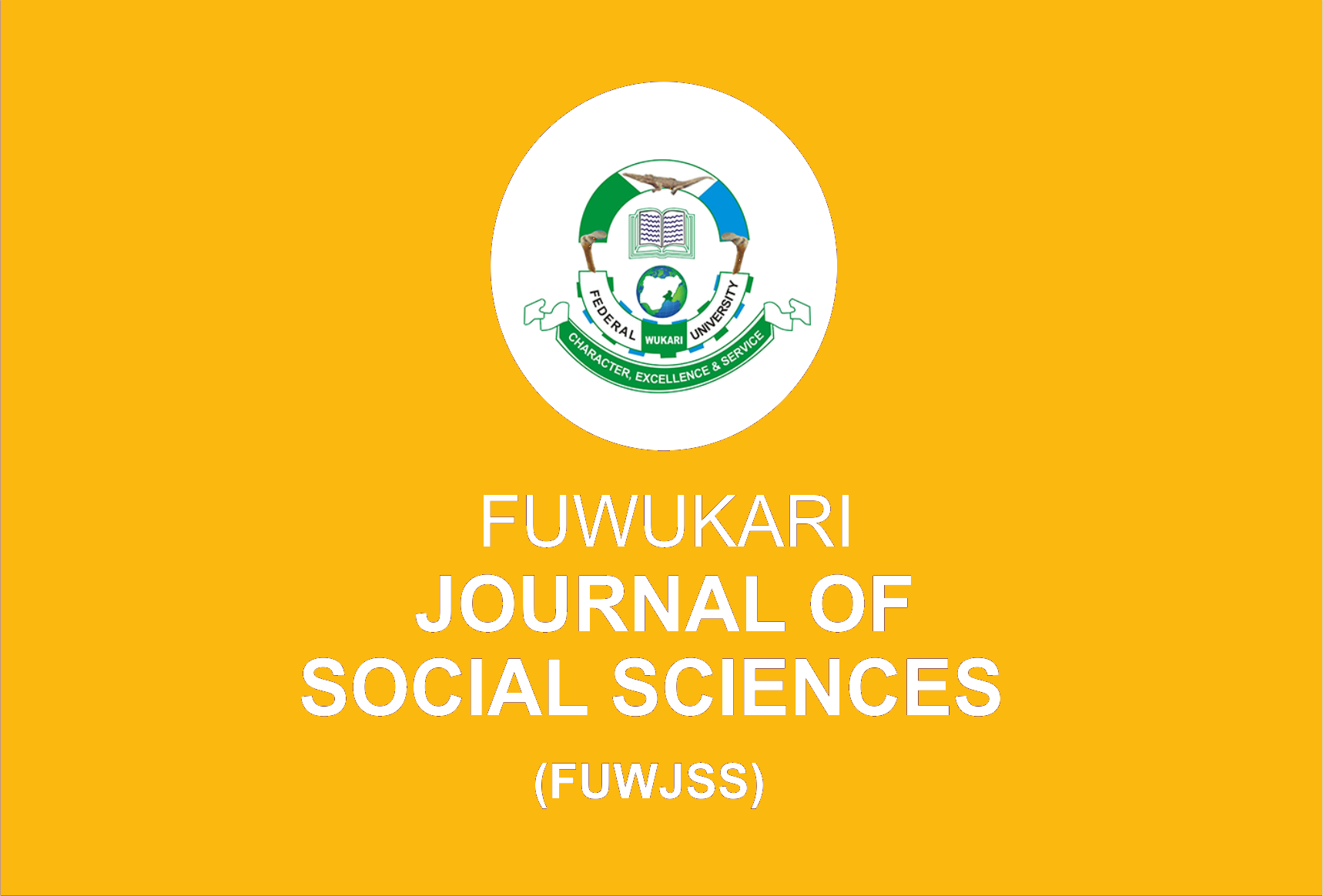Democracy And Resurgence Of Military Coups In West Africa (2010–2023)
Wonotanzokan Nzeda Tagowa, John Moses Maikomo, Enoch Faira Annafa
Keywords: Democracy, ECOWAS, governance, military coups, political instability, West Africa
Abstract
The resurgence of military coups in West Africa has become a major challenge to democratic consolidation in the region. This study examines the underlying causes, implications, and responses to these military interventions, with a focus on governance, economic instability, and security threats. The study adopts a qualitative approach, relying on secondary data sources such as books, journal articles, and reports to analyze the interplay between democracy and military rule. The study is anchored on Fragility Theory, which explains how weak state institutions, economic hardship, and political instability create conditions that encourage military interventions. The findings reveal that military coups in West Africa are primarily driven by weak governance structures, corruption, economic hardship, ethnic divisions, and security challenges. Although regional organizations such as ECOWAS and the AU have implemented sanctions and diplomatic interventions, their effectiveness remains debatable due to inconsistent enforcement and lack of political will. The study concludes that strengthening democratic institutions, promoting socio-economic development, enhancing regional cooperation, and empowering civil society organizations are critical steps toward preventing military takeovers and fostering long-term democratic stability in West Africa.
Author Biography
Wonotanzokan Nzeda Tagowa
Federal University Wukari, Nigeria
John Moses Maikomo, Enoch Faira Annafa
Taraba State University, Jalingo, Nigeria

